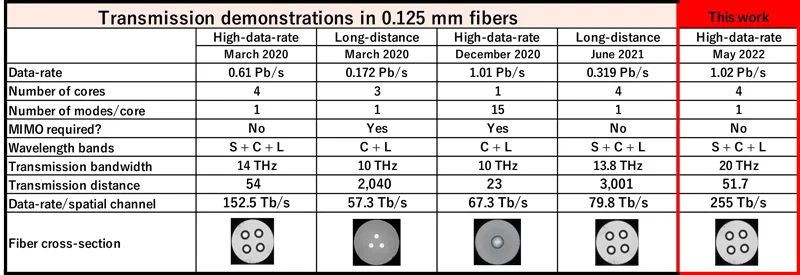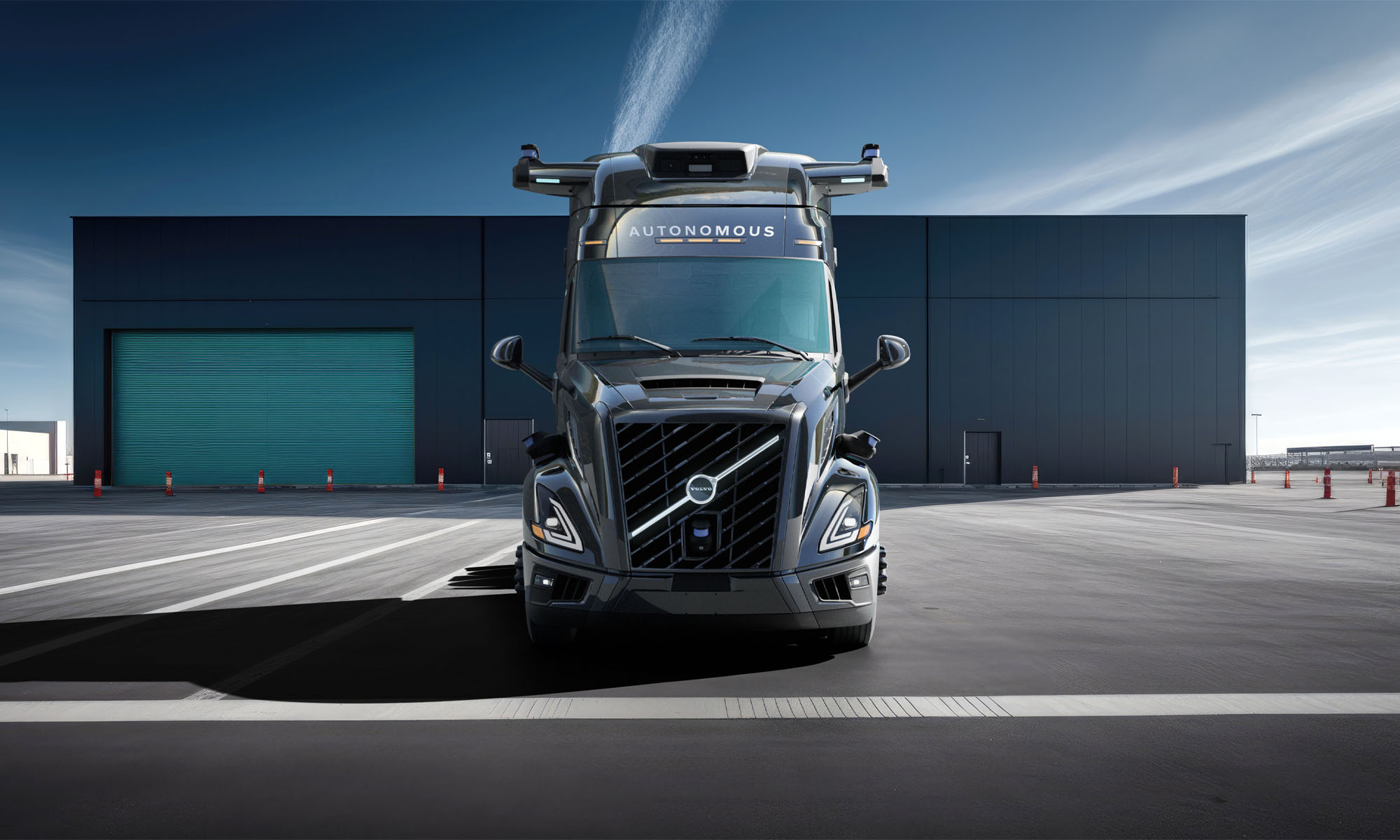News
Japan Sets New Record For Data Transmission Speed
The researchers have absolutely smashed their own previous achievement by transmitting data at a jaw-dropping 1.02 petabits per second.

A team of researchers from the National Institute of Information and Communications Technology (NICT) in Japan is at it again. After achieving a data transmission speed of 319 terabits per second (Tb/s) last year, the researchers have now absolutely smashed their own previous achievement by transmitting data at 1.02 petabits per second (Pb/s).
Since 1 petabits is 125,000 gigabytes, it means that the team could theoretically transmit more than 31,000 movies in 4K resolution every single second. To make the record even more impressive, it’s important to highlight that it was achieved using fiber-optic cables with four cores, which is exactly how many cores were used to set the previous record.
“NICT constructed the transmission system using 4-core MCF with standard 0.125 mm cladding diameter, WDM technology and mixed optical amplification systems. The system allowed a data transmission speed of 1.02 petabit per second over 51.7 km,” explained the researchers in the official press release.

The mind-blowing record was first presented in May at the International Conference on Laser and Electro-Optics (CLEO) 2022 in San Jose, California, one of the largest international conferences related to optical devices and systems.
Also Read: Microsoft Blocks Lebanon-Based Hackers Targeting Israel
Moving forward, the NICT team wants to continue exploring different ways to transmit data faster across fiber optic cables. Their main focus is on low-core-count multi-core fibers with standard cladding diameter because such cables are comparable to standard single-mode fibers and thus more attractive for early adoption.
With dozens of countries around the world actively moving from 4G to 5G broadband cellular networks, the massive amount of data being sent and received is guaranteed to continue increasing at a rapid pace. Research projects such as the one behind the latest record can pave the way for new fibers capable of meeting the growing demand and supporting new bandwidth-hungry services.
News
Volvo And Aurora Announce Their First Self-Driving Truck
The new autonomous goods vehicle was revealed at the ACT Expo in Las Vegas.

Vehicle maker Volvo and self-driving specialist Aurora have revealed their first production truck with full autonomous capabilities, after first announcing a partnership three years ago. The companies showed off the product of their collaboration, known as the Volvo VNL Autonomous truck, at the ACT Expo in Las Vegas.
The truck, which will be manufactured by Volvo, uses Aurora’s self-driving platform, known as Aurora Driver. The system uses multiple high-resolution cameras, LiDAR sensors and imaging radars, and can detect objects up to 400 meters away.
Aurora’s platform has already been driven billions of miles in training simulations, and around 1.5 million miles on real public highways. As well as a wide range of imaging and sensing technologies, the truck will also feature redundant steering, braking, communication, computation, power management, energy storage and vehicle motion management systems, ensuring it can operate safely alongside other road users.
Also Read: NETGEAR’s Orbi 970 Routers Offer Powerful Wi-Fi 7 Connectivity
When the first 20 Aurora autonomous trucks make their debut in North America next month, they will still be overseen by human drivers until testing is complete. Aurora intends to deploy trucks between Dallas and Houston in the near future, but it’s unclear whether the fleet will consist of Volvo machinery or vehicles from another partner.
Volvo announced at the Las Vegas event that it has already begun manufacturing a test fleet of the VNL Autonomous trucks at its New River Valley factory in Virginia. Nils Jaeger, President of Volvo Autonomous Solutions, explained that the truck was the “first of [the company’s] standardized global autonomous technology platform,” and added that it would enable Volvo “to introduce additional models in the future”.
-

 News2 weeks ago
News2 weeks agoApple Announces New iPad Pro With M4 Chip And Updated iPad Air
-

 News1 week ago
News1 week agoPlans Underway For Massive Middle East Autonomous Freight Network
-

 News7 days ago
News7 days agoMeet JAIS Chat: The AI-Powered Chatbot For Arabic Speakers
-

 News2 weeks ago
News2 weeks agoAbu Dhabi Hosts Middle East’s First Passenger Drone Trials




















